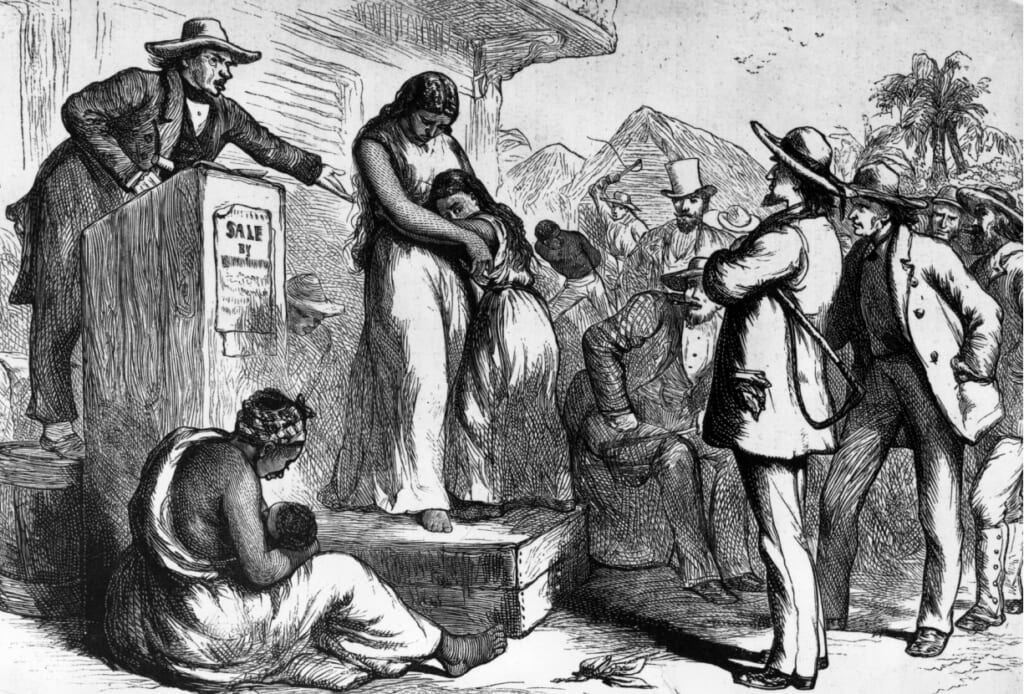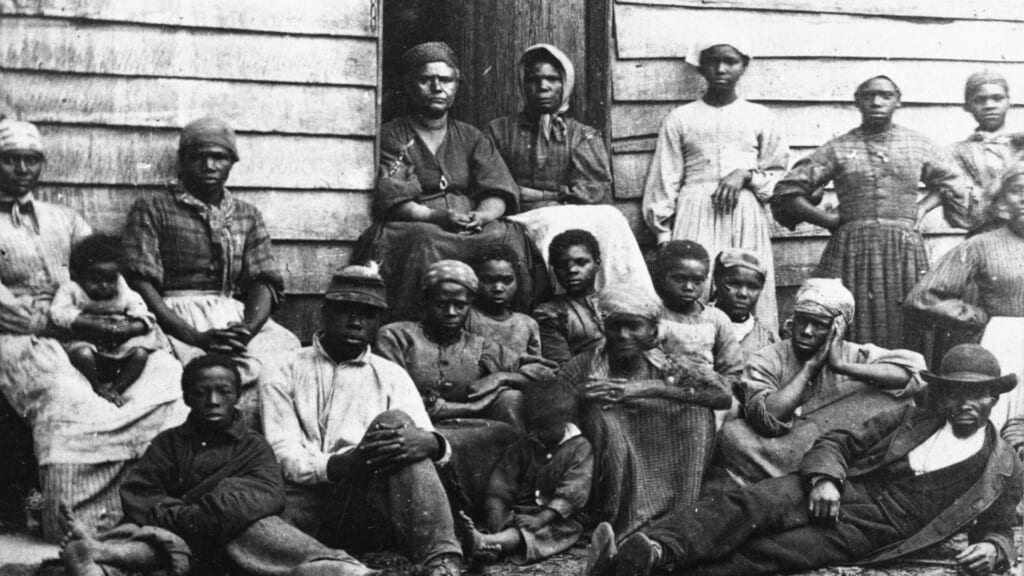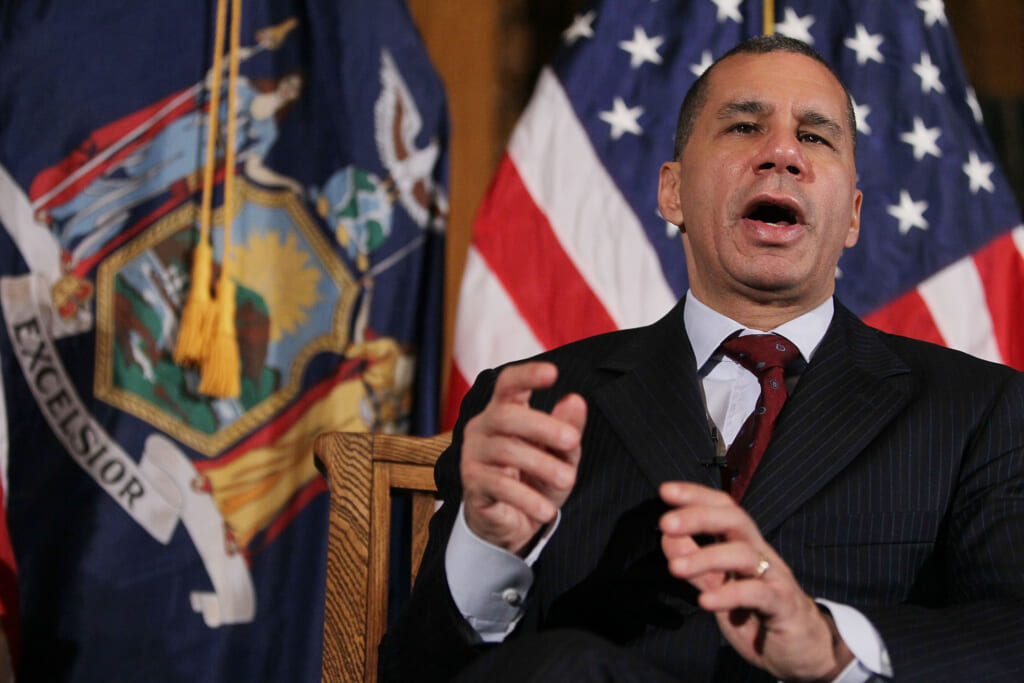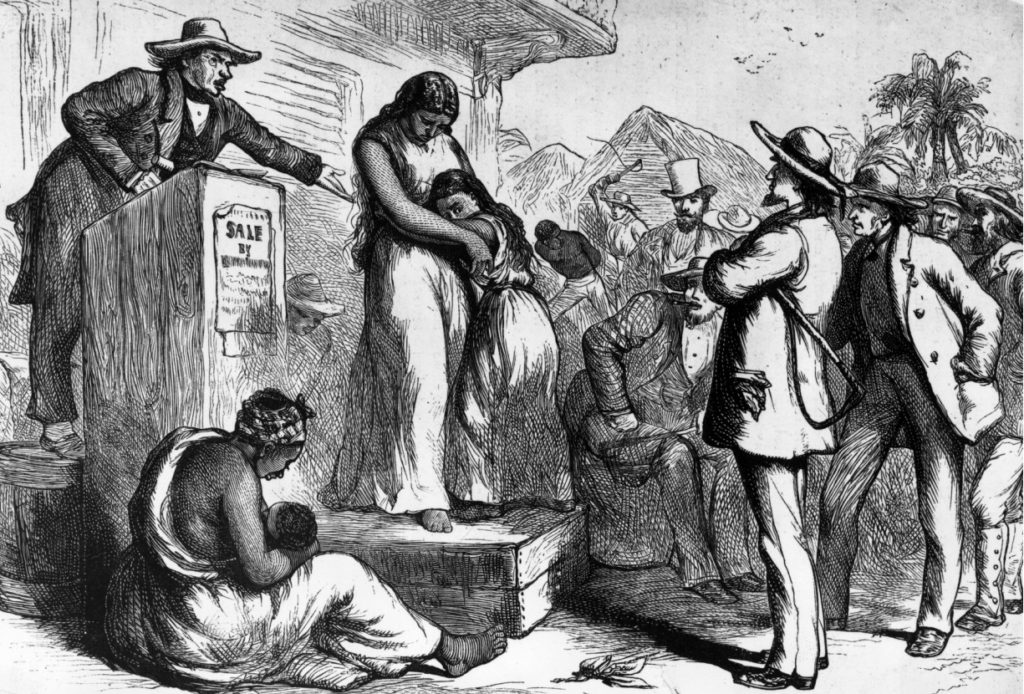As reparations bill moves in House, should Biden issue US apology for slavery?
EXCLUSIVE: The quest toward reparations for slavery gains steam as Democrats in the U.S. House of Representatives push H.R.40. through committee
Members of the U.S. House Judiciary Committee take another historic step closer to considering the legacy bill, H.R. 40, on the House floor. On Wednesday, the committee is set to vote on the legislation that, if passed, would establish the first commission to study a case for reparations to descendants of American slavery.
As lawmakers consider the big picture of getting the government to research and gather the reparations claims, the debate is brewing on what reparations would look like once the U.S. House and Senate pass the bill and make its recommendations on what reparations will look like for the millions of African Americans and Black Americans impacted by the negative effects of generational racism stemming from the enslavement of Africans over 400 years ago.
Read More: Brown University students vote for reparations for slavery descendants

This week, Human Rights Watch held a press conference on the matter with the top thinkers and lawmakers who have been working on the issue. One question that has followed the matter of reparations for the past 24 years has been whether or not there should also be a presidential apology for slavery.
During the second term of Bill Clinton’s administration, the question of an official apology for slavery had at points dominated that presidency, but in the end, no such apology was issued.
During his presidency, George W. Bush did not want to apologize for the U.S. government-sanctioned enslavement of Africans, as he rationalized that Africans also participated in the slave trade.
When it comes to former president Barack Obama the prevailing thought was that a Black man should not apologize for slavery, which took place at the hands of white government leaders 401 years ago.

Then came Donald Trump, who struggled with reconciling the truth of the Civil War and why it was fought. He also seemed to support the Confederacy, which lost the battle to keep slavery in place.
Now we’re faced with a new administration that has signaled a break in the trend to dodge reparations. President Joe Biden is in support of H.R.40, calling for a commission to study what reparations would look like. Vice President Kamala Harris is in support of S.40 in the Senate, which is the companion bill to H.R.40.
Read More: Biden’s top aide says White House will ‘start acting now’ on reparations for African Americans
Still, many questions remain as it relates to reparations in the United States, like what would reparations look like, and how will it be determined? Also, who are the descendants of slaves in America? Will it be only financial disbursements to the descendants of slaves, and if so, how will that be determined?
There’s also the question of whether reparations would include a financial infusion to zip codes that are predominately Black and disadvantaged?
TheGrio took part in the Human Rights Watch webinar on H.R. 40 and asked Kamm Howard of the National Coalition of Blacks for Reparations in America, to address the question of General William T. Sherman‘s hope for 40 acres and a mule provided for slaves who fought on behalf of the Union in the Civil War.

“They stated emphatically that they needed land to be free, because of all that you can produce from land,” Howard said. “Today, what we need to be free is education. It’s economic development. It’s access to capital. It’s food … healthy food is healthy existence. It’s a many of things today that we need in order to equate to, what, 40 acres, what it did to our people at that time, what we need to do today to be free.”
Another question theGrio asked focused on whether seeking an apology for slavery from the president of the United States needs to be a part of the conversation on reparations for the enslavement of Africans in America?
“An apology is part of the satisfaction,” said Howard. “It is part of returning dignity to a people … It is also the acknowledgement that a crime has been done. Howard also offered an apology shows the government is taking full responsibility for that crime and a willingness to do whatever it takes for correction.
U.S. Rep. Sheila Jackson Lee said H.R. 40 will establish “a very strong commission that will not presume what the results will be, but it will fact find.”

The Texas congresswoman and the lead sponsor of the bill added, “I think the key element is standing up this commission and dealing with the direct connection between slavery and the condition of African Americans today and through the period post-slavery.
“We’ve never done that. And an apology by its very name will be an element of the commission. But the work of the commission will be the establishment of the reparation proposals, which will cross the gambit to be able to be responsive, honest and effective.”
Memphis Congressman Steve Cohen chairs the Judiciary Committee’s subcommittee on the constitution, Civil Rights and Civil Liberties. “There has to be a financial and economic response, not just an apology … We are committed to rectifying the lingering consequences of Jim Crow and slavery,” he said, adding “both houses [House and Senate] need to act on it.”
Former Democratic New York Gov. David Paterson, and the first Black man to hold the post, argued that reparations are needed as Africans built the wealth and infrastructure of this country for free. “The enslaved who built this country and never got any credit for it,” said Paterson.

“Just because they were slaves don’t mean they don’t deserve credit. They built this country. They financed the southern state governments. Without them, there was nothing.”
Currently, the fight for slaves and their descendants is unfolding as Paterson explained slaves couldn’t fight for themselves as both their minds and bodies were shackled.
“The fashion in which Africans were brought to this country is what made it so hard for them to fight back when they became slaves,” adds Paterson.
Congresswoman Jackson Lee said descendants of slaves in this nation are still dealing with the “fright and the horror.” She cited the horrific and “conspicuous” racial issues of deadly policing, mass incarceration, inadequate primary and secondary schools as just a few issues that face present-day descendants of slaves.
It has been 32 years since H.R. 40 was first introduced by Congressman John Conyers. This committee vote on Wednesday finally puts the United States on track to pass the bill.
Have you subscribed to theGrio’s “Dear Culture” podcast? Download our newest episodes now!
TheGrio is now on Apple TV, Amazon Fire and Roku. Download theGrio.com today!
The post As reparations bill moves in House, should Biden issue US apology for slavery? appeared first on TheGrio.

